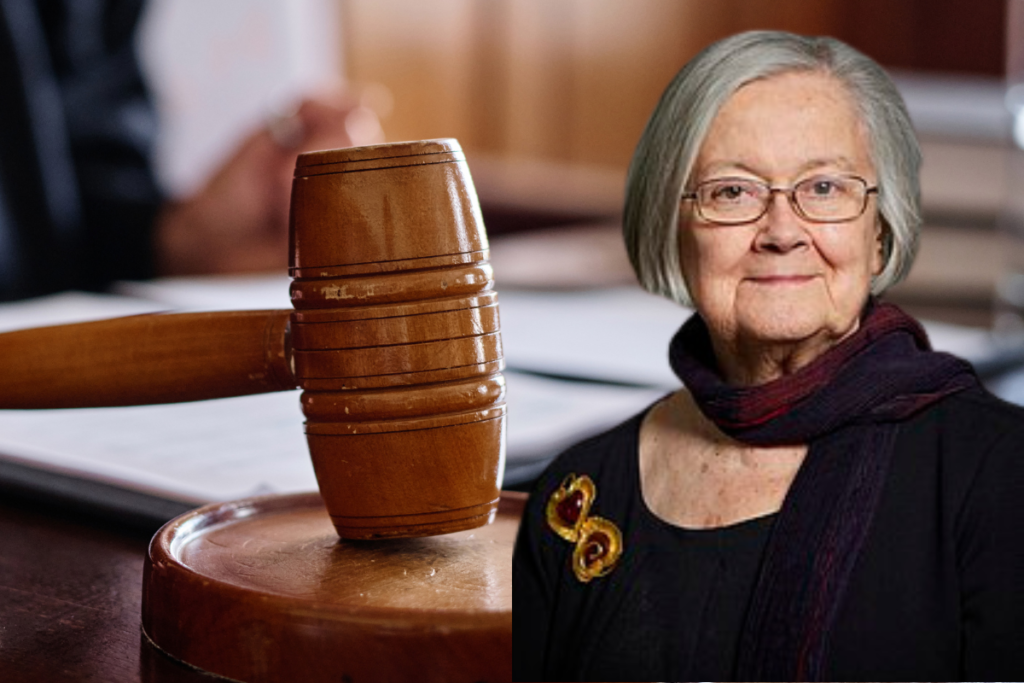In a stark appeal highlighting the dire conditions within United Arab Emirates (UAE) prisons, British businessman Ryan Cornelius, 70, has urged the UK Foreign Office for protection after prison officials attempted to coerce him into signing a document asserting that his human rights were being respected. Cornelius, a father of three, has been detained in Dubai since 2008 over allegations of a £370 million fraud involving the Dubai Islamic Bank.
Initially sentenced to 10 years, his imprisonment was extended until 2038, resulting in over 16 years behind bars. In a letter to the UK Foreign Office, Cornelius described the inherently coercive relationship between jailers and prisoners, emphasizing the pressure to comply with demands to avoid harsher treatment.
He recounted an incident where, shortly after his arrest, he was presented with a document in Arabic—a language he does not understand—and was told he would be released if he signed it. After signing, he was placed in solitary confinement.
Reports from human rights organizations, including Amnesty International and Human Rights Watch, have documented systemic abuses within UAE detention facilities, such as arbitrary detentions, torture, and suppression of free expression. These reports highlight a pattern of mistreatment affecting both Emirati and foreign nationals.
Cornelius’s case has drawn attention from British politicians and human rights advocates. In December 2024, during a visit to Abu Dhabi, UK Prime Minister Keir Starmer discussed Cornelius’s situation with UAE officials, emphasizing the importance of addressing human rights concerns.
Additionally, in January 2025, Cornelius’s family and legal representatives urged UK Foreign Secretary David Lammy to impose sanctions on Mohammed Ibrahim Al Shaibani, accusing him of corruption and human rights violations related to Cornelius’s detention. The UAE government has faced international criticism for its human rights record.
The U.S. Department of State’s 2023 report highlighted significant issues, including arbitrary killings and inhumane treatment by authorities. Furthermore, Amnesty International reported that in July 2024, the UAE convicted scores of individuals in a mass trial that violated fundamental legal principles, sentencing 43 activists to life imprisonment on terrorism charges.
Cornelius’s prolonged detention and the reported attempts to coerce him into affirming his well-being underscore the broader concerns about human rights abuses within the UAE’s justice system. His appeal to the UK government highlights the urgent need for diplomatic intervention to address these violations and ensure the protection of foreign nationals detained abroad.



